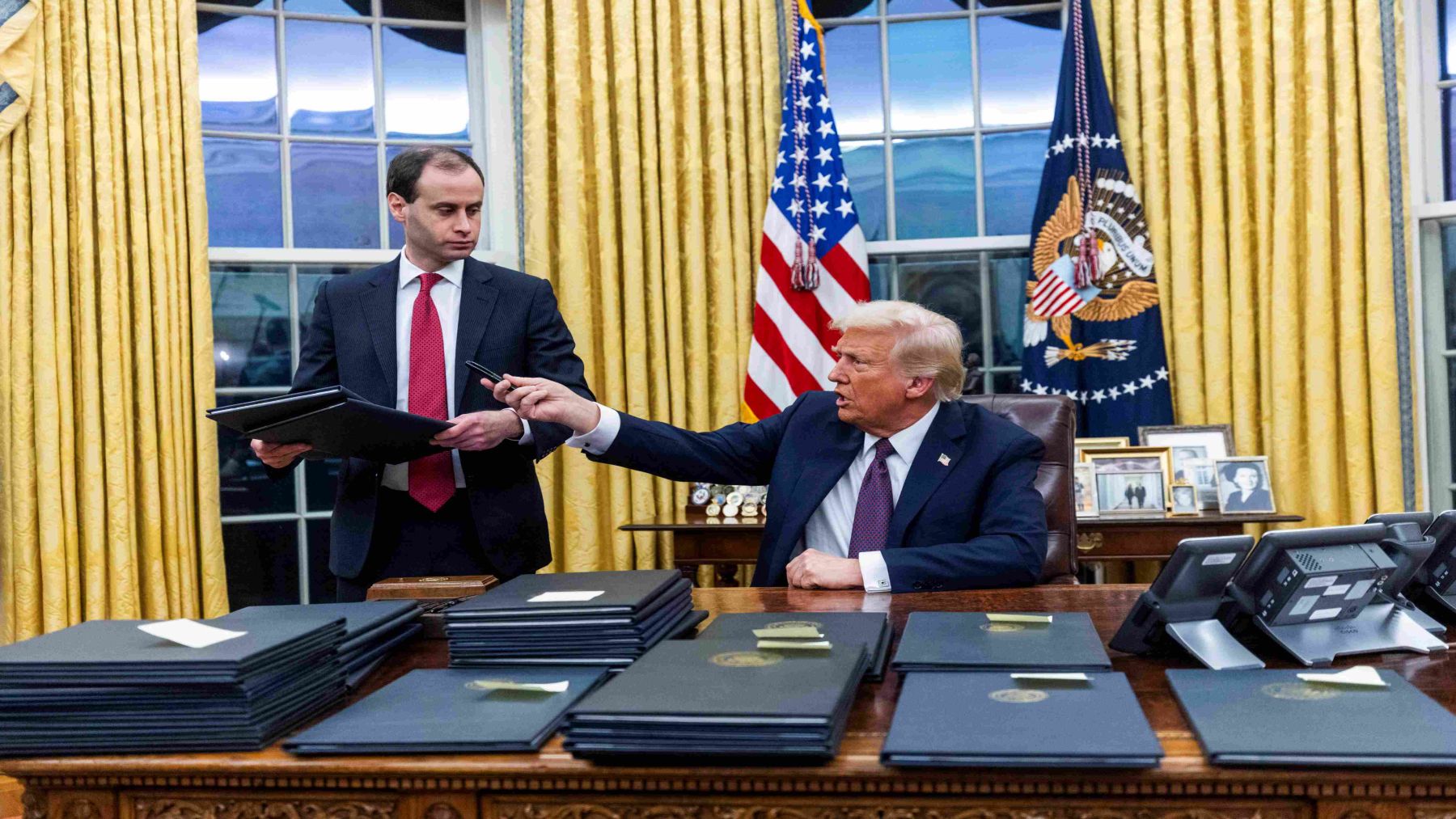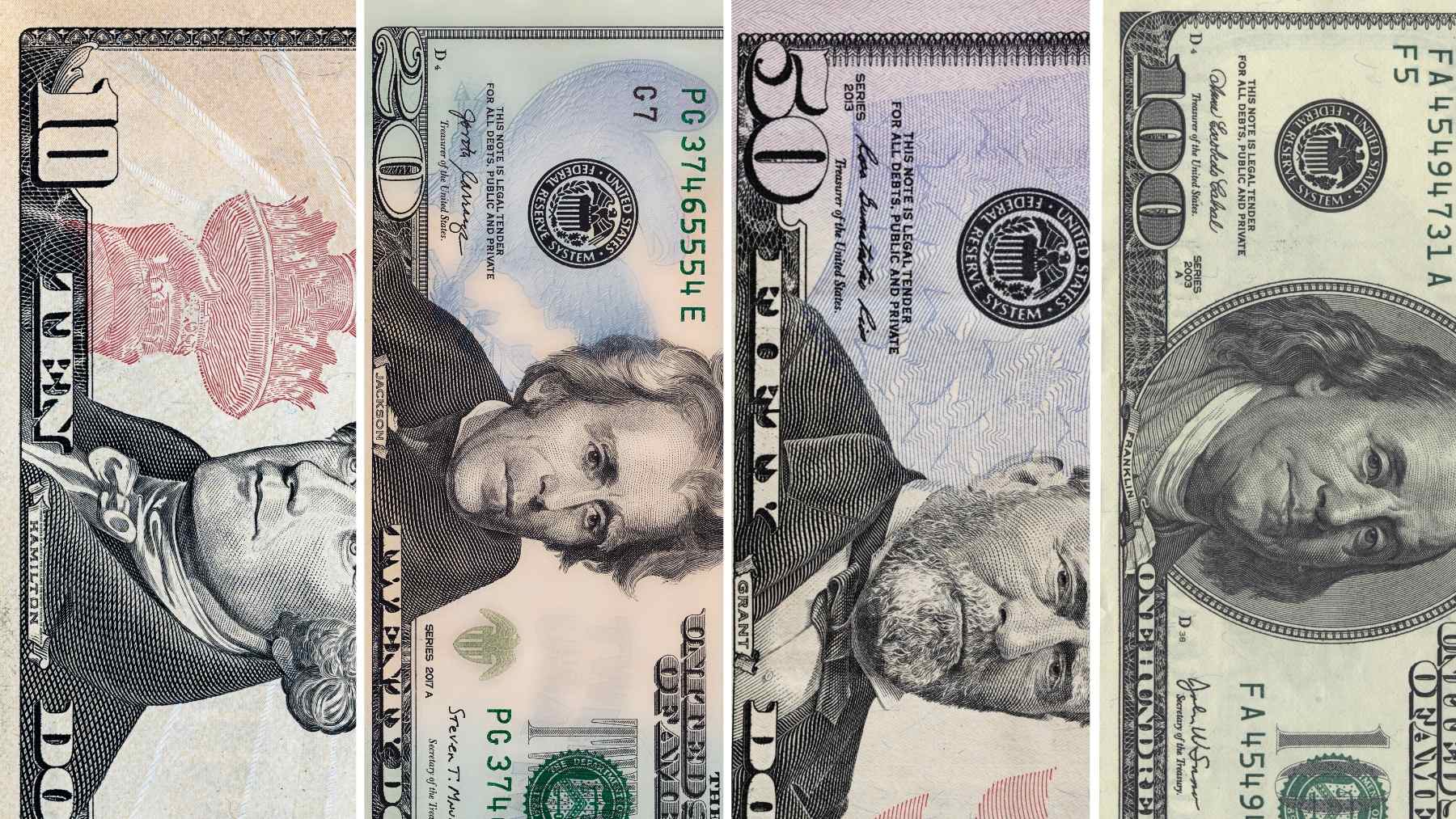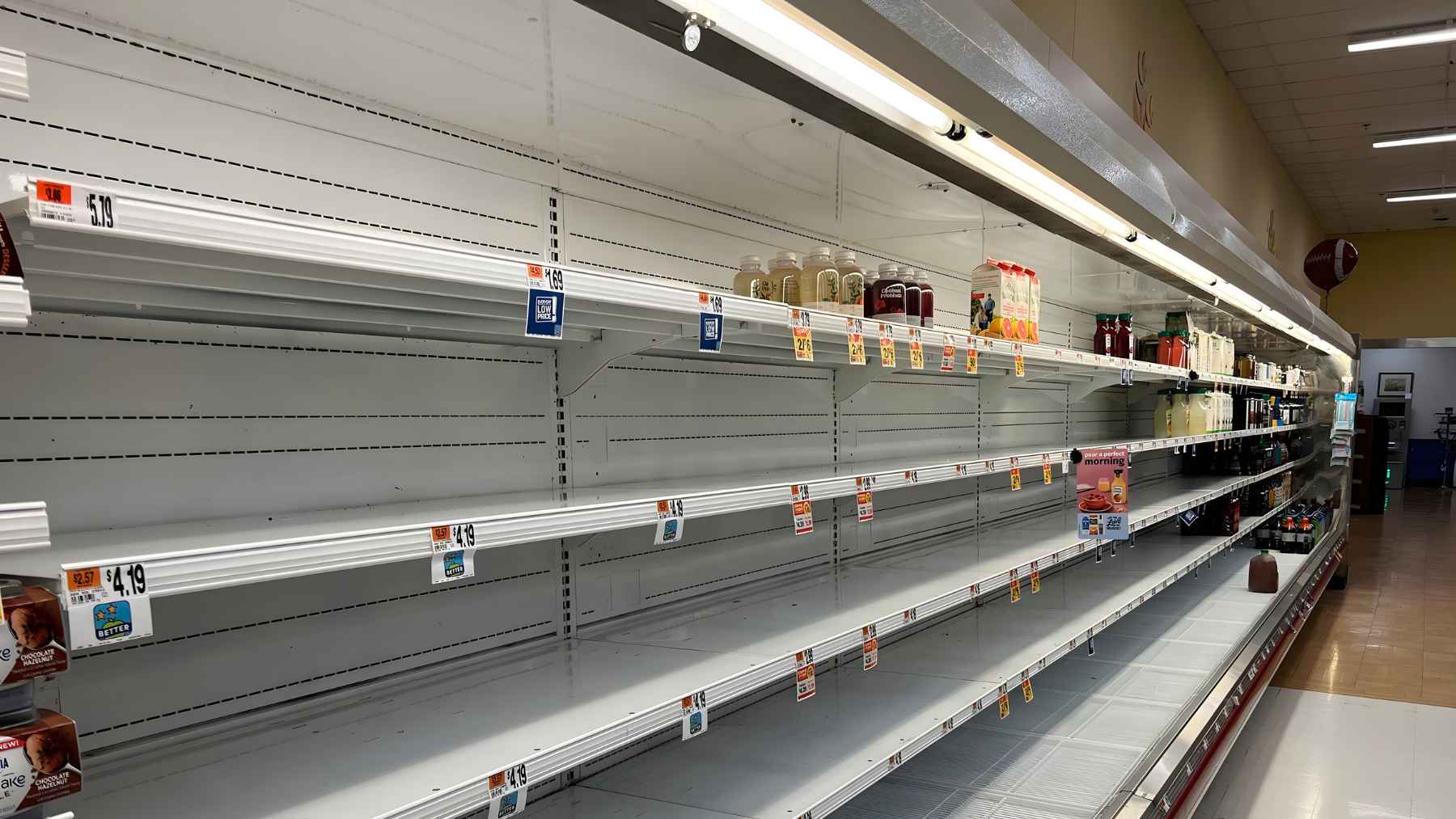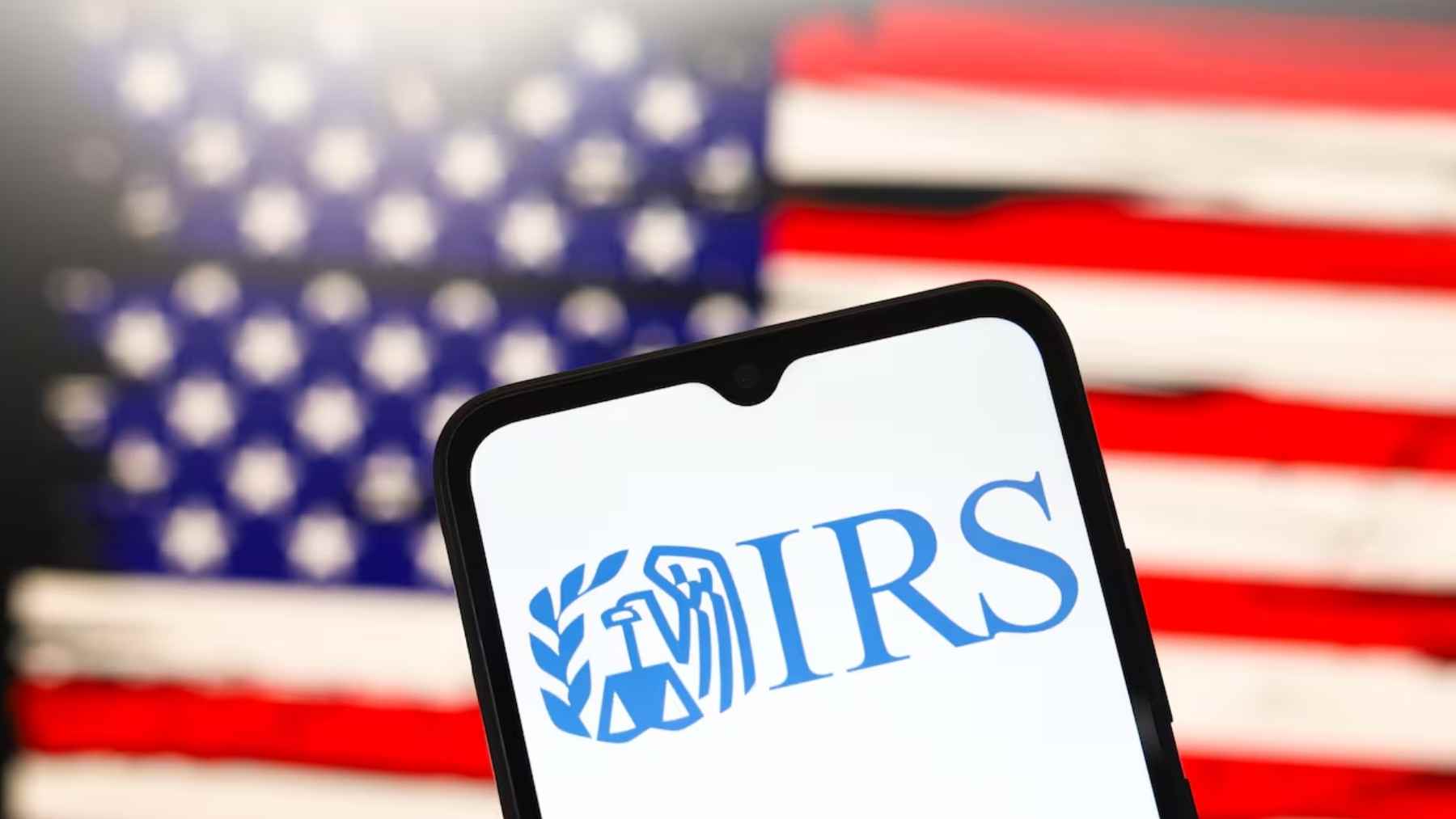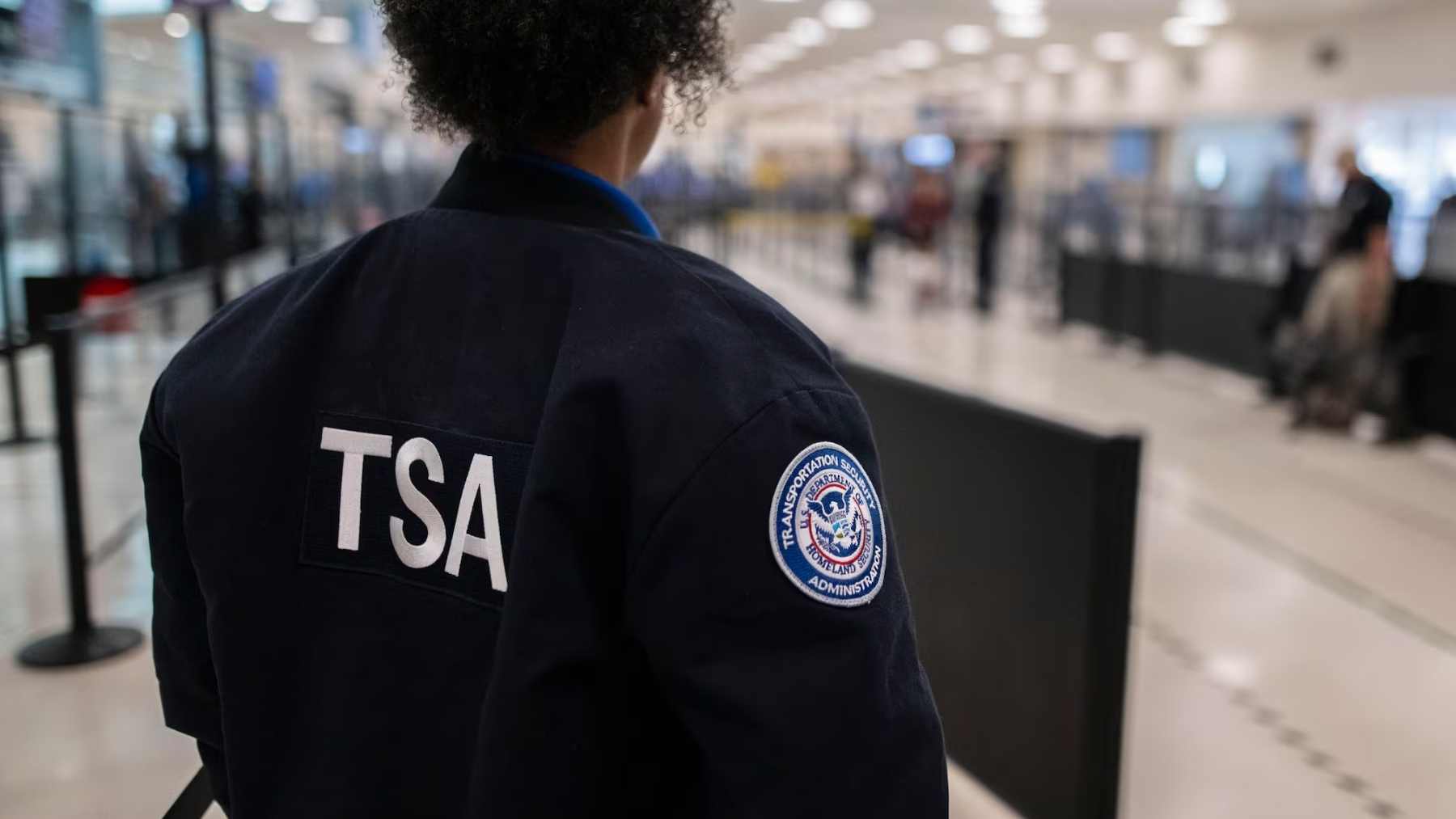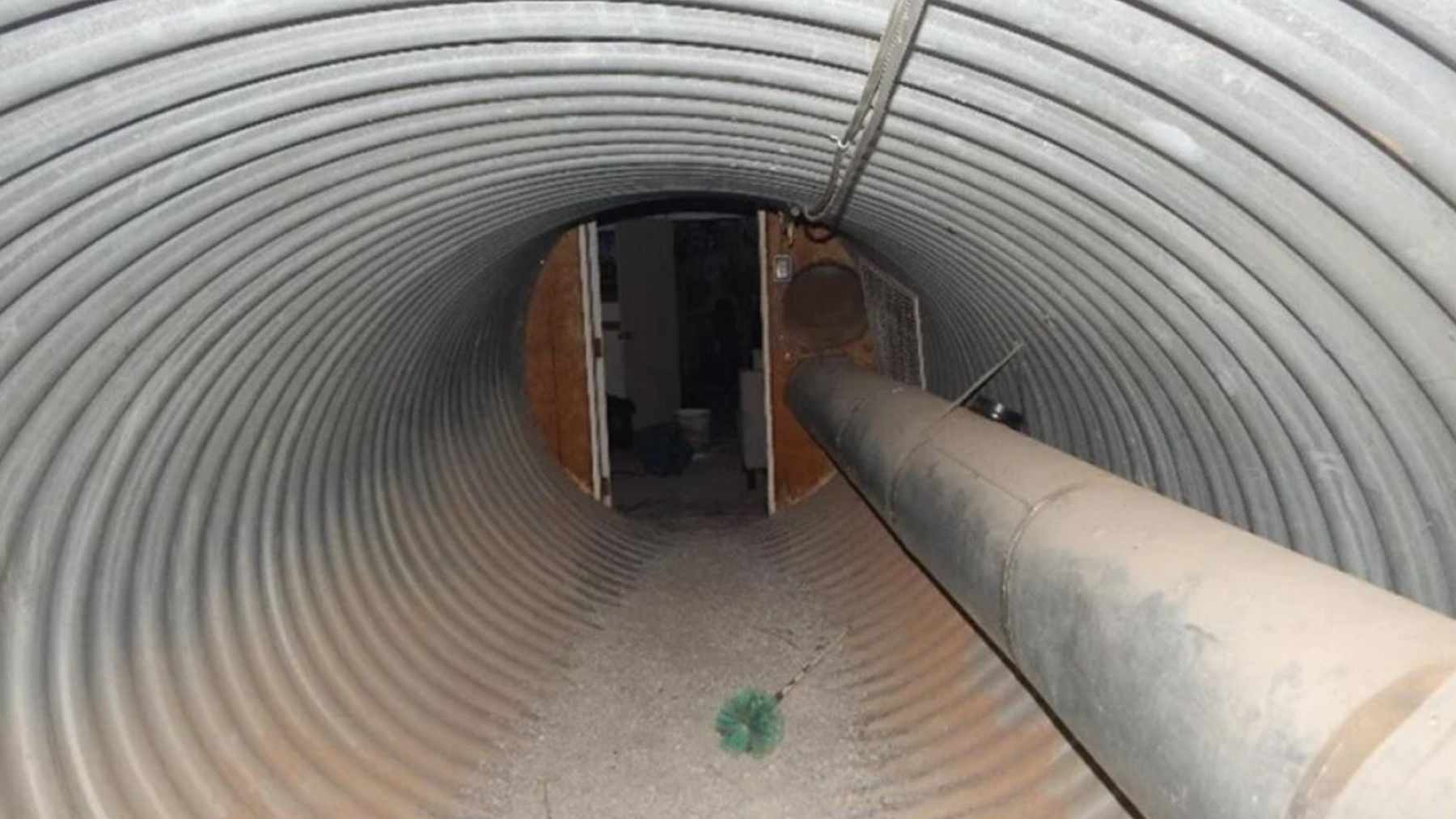A recent executive order from the Trump administration aimed to pause funding for several federal grants and loans, sparking concerns about whether vital programs like Social Security, SNAP, and Medicare would be affected. The pause, initiated by the White House Office of Management and Budget (OMB), seeks to ensure that federal assistance aligns with the new administration’s policies. However, a federal judge has temporarily blocked this move, raising questions about the impact on essential services.
What did the executive order actually do?
The executive order issued by President Trump temporarily halts the disbursement of federal financial assistance for various programs. The aim of this pause, according to Trump officials, is to review federal programs and ensure they align with the new administration’s policies. As explained by White House Press Secretary Karoline Leavitt, the review process is necessary to ensure that “programs are being executed in accordance with the law and the new President’s policies.” The temporary halt is not an “impoundment” of funds, but rather a pause that gives agencies time to ensure compliance with the President’s directives.
Notably, the pause does not apply to all federal programs. Programs that provide direct assistance to individuals such as Social Security, SNAP, and Medicare are specifically exempted from the freeze. “Any program that provides direct benefits to Americans is explicitly excluded from the pause,” said one official, highlighting that essential programs like Social Security, Medicare, and Medicaid will continue without disruption.
Are Social Security, Medicare, and SNAP safe?
One of the most pressing concerns surrounding the freeze was whether vital programs like Social Security, Medicare, and SNAP would be impacted. The good news for beneficiaries is that these programs are not included in the pause. The Office of Management and Budget’s memorandum clearly states that “nothing should be construed to impact Medicare or Social Security benefits,” and benefits provided by these programs will be paid as usual.
Additionally, other programs that directly benefit Americans, such as Pell Grants, student loans, rental assistance, and funds for small businesses, are also exempt from the freeze. As the memo clarifies: “Mandatory programs like Medicaid and SNAP will continue without pause.”
Why was the freeze ordered and what does the judge’s ruling mean?
The rationale behind the freeze is rooted in the Trump administration’s desire to review federal programs to ensure they align with its policies. The move is part of a broader effort to rein in government spending and eliminate programs deemed inconsistent with the President’s agenda, such as initiatives focused on diversity, equity, and inclusion or the Green New Deal.
However, the order faced immediate pushback. Nonprofit organizations filed a lawsuit challenging the decision, leading to a temporary injunction from U.S. District Judge Loren L. AliKhan. The judge’s ruling halts the pause until at least 5 p.m. ET on February 3, allowing time for further deliberation. This temporary hold means that the Trump administration cannot implement the freeze as planned, at least for now.
Judge AliKhan’s decision to block the freeze was met with criticism from some political figures. Senate Minority Leader Chuck Schumer condemned the pause, stating that “no one should believe” it is temporary, while House Minority Leader Hakeem Jeffries warned that “millions of Americans will be hurt” by the funding freeze. Meanwhile, Harris County, Texas, attorney Christian D. Menefee argued that the President does not have the constitutional authority to withhold funds that Congress has already approved.
The fate of other government programs remains uncertain, especially those involving state and local government funding. For now, the focus will likely shift to the ongoing legal battles and the review of these programs by the Trump administration.
